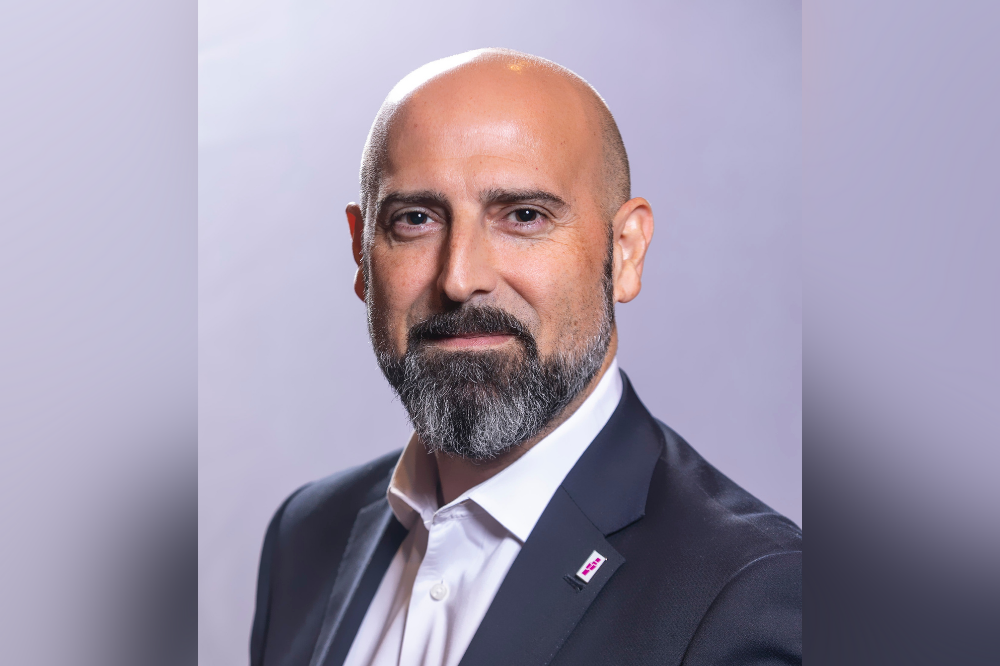How to prepare for Ontario DCPD changes

OPCF49, which was announced in late 2022, will most likely be utilized by those with older vehicles that are not considerably valuable any longer.
“For those who know their car isn’t worth anything due to age or mileage, it will help them close the loop,” Carnevale said. “If a policyholder is at fault for a collision, it will be a write off, which is fine.”
“However, if someone else is at fault, it will allow a policyholder to make that decision to not have an insurance company pay them out for a car that isn’t worth much or deal with the hassle of sending it to a mechanic for service.”
Furthermore, many consumers do not fully understand how DCPD differentiates from comprehensive and collision coverage. This law essentially gives a legal precedent to remove a coverage they may have already thought was standardized in the insurance industry.
Carnevale did not see this effecting DCPD coverage as a whole, but it could create an additional conversation between a broker and their client if they are interested in opting out of this additional fee for personal or financial reasons.
“More options for consumers are never a bad thing,” Carnevale said. “It just means we as brokers must have regular communication with our clients to make sure they’re getting what they want and what they expect.
“We have to present those options so they can make informed choices.”
Rental and leasing concerns
For clients who own their vehicles, opting out of DCPD is solely based on their own preferences and concerns. However, the law was created with those who lease or finance in mind. As a standard agreement, whenever an individual is leasing or financing a vehicle, it is required that certain coverages are put in place to satisfy the lessor or the financier.
“And so, you’re not going to be able to remove this sort of coverage on an asset you don’t own,” Carnevale said.
“What I expect to happen is that if someone is leasing a brand new or very new car, the likelihood of someone allowing them to opt out of this coverage and pay the $50,000 out of pocket, should a collision occur, is very unlikely.”
Approaching this conversation
Carnevale believes brokers can offer this option in two ways. “In the normal course of business, when our clients call us asking where they can save money and don’t see the need for comprehensive collision on a car that is, let’s say, 15-years-old, bringing up OPCF49 will be a natural part of that conversation as an extra means of saving money.”
Clients who rely on their broker to provide them with up-to-date policy changes and variables will expect an insurance professional to make OPCF49 a talking point to look out for their best interests.
Alternately, for brokers dealing with clients who have already removed comprehensive and collision from their auto policies, they will have to reach out to those individuals and let them know about this adjustment.
“Whichever way a broker decides to approach this topic, it will reinforce the fact that we are looking out for the client’s best interests, not just in the event of a claim, but also how we can advise them on saving some funds if that’s what they’re interested in,” Carnevale said.
Emphasizing choice
The insurance industry, especially the auto sector, has undergone four big policy changes that include: the introduction of accident benefits, liability to third party liability, the premium associated with uninsured motorists to cover off clients that are injured in the event of someone not having insurance in an accident, and DCPD.
Then, every so often, smaller adjustments are made to strengthen policies and individualize them to a customer’s unique concerns — OPCF49 can fits squarely into that category.
However, the province of Ontario, as well as the auto insurance industry, has been working on proposals and bills for years, which have been impacted by the COVID-19 pandemic.
“What this government seems keen on delivering to Ontarians is the luxury of choice, making sure that they’re not paying for something they may never need or never have a requirement to collect on” Carnevale said.
Carnevale was also optimistic that more amendments will be proposed in the coming months and years that will only emphasize variety and customization for policies.
“I think things will be addressed in the coming provincial budget that will be the needs of insureds at forefront, especially during a time of rampant inflation.”





